by Clotilde BERNADI-PRADAL
Translated by Carine Montbertrand with Francois Bernadi
Soon we shall plunge into the burning lights, one could say, parodying Baudelaire1. The ever-increasing flow of tourists invades the beautiful coasts of the Iberian Peninsula and in particular, the luxurious hotels where people even speak Spanish. Sauerkraut, hot dogs, steak, and chips will feel completely compatible with your paella and gazpacho, and Coca Cola will flow unselfconsciously next to the priorat and manzanilla.
Costa Brava! Costa de Azahar! Incomparable Costa del Sol! On the road along the cliff that goes from Almería to Malaga, meandering between the mountains and the sea, there was once – as in a fairy tale – a sleepy little village that stretched like a cat in the sun: Aguadulce. It owed its name to a spring at the foot of the cliff between rocks where it mingled its very fresh water with the foam of the waves and the swaying seaweed that smelled so good at dusk, like iodine. For it was at dusk that the women of the houses, slow paced and with red earth pitchers on their hips, went to the well, while we, the children, followed joyfully. This walk was something of a ritual. It was a long one since our houses and the water were at opposite ends of the village.
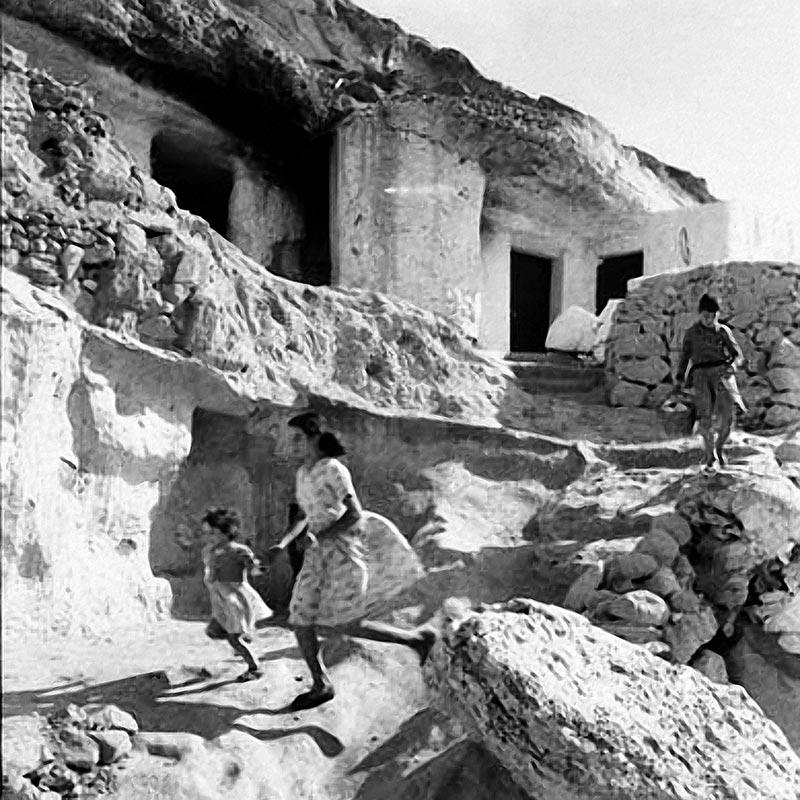
We passed the Grocery Don Emilio, a large elevated building which was accessed by worn stone steps. It was the ancestor of modern “drugstores” with “functional” goods, like fragrant rope rolls, garlic wreaths, candle clusters, barrels of herring, carbide cans, white bags overflowing with cornmeal – so beautifully red – and so many other things, all dominated by the smell of salted cod.
Farther still along the road, was its rival grocery store, larger, darker, dirtier, smelling of wine, olive oil, and chorizo.
Beside it, was the old inn with a wide arc-shaped door which was white with lime, and a floor paved with large polished stones, plus two fresh pretty young girls, their mother, fat and smiling, and a vast stable, now empty of relay horses.
Finally, we would get to the dirt road that turned to our right down towards the sea. This is where our adventure would begin, the one we had been looking forward to and which recurred at every sunset.
Halfway up the hill, facing the sea, dug into the cliff overlooking the main road, was the gypsy cave. Many were living there, certainly several families, but not always the same ones. It was probably a stopping point where, after long absences, we would see once more familiar silhouettes back from who knows what mysterious expedition.c
“Kids, stay close to us! Don’t look! They could give you the evil eye!” cried Lorenza. Every night we were subjected to horrifying stories of child abductions by gypsies who traded them and who sold them to the sick whose only salvation was the warm fat of freshly slaughtered children, etc. etc. We knew it all by heart but we could hear it again and again with delicious fear.
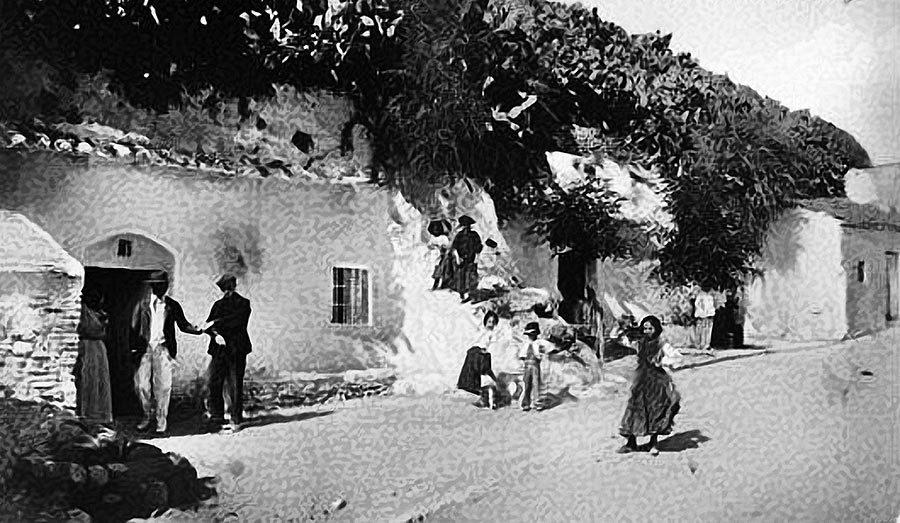
The gypsy women bustled around several fires where who knows what kind of food was boiling because we never met a gypsy at the grocery store. Dressed in bright colors and in long skirts, oh so coveted, they spoke loudly in “Caló”2 and were totally indifferent to our passing. In the background, sitting on the ground leaning against the rocks, the men smoked diffidently, and some, strumming on guitars, absentmindedly emitted chords, which struggled to be heard among the cries of the little naked ones playing and the chatter of women.
Despite the admonitions of Lorenza, I would continue to watch them for a moment as I turned, puzzled. I remember the embers of cigarettes in the dark and the sparkle in the eyes that never saw me. I knew that among these men was Santiago, the only gypsy who mingled amongst the villagers and whose name we knew. Skinny, small, one-eyed, with very dark skin, he had black high heeled shoes and his guitar hung on his shoulder. He played flamenco and some evenings would dance for the rare customers of Café Moderno, where we were tolerated because we were not children of the village. We went there in secret with coins stolen from misplaced purses, and gravely we drank mint liqueur that the innkeeper had no right to serve us. Santiago both fascinated and frightened me.
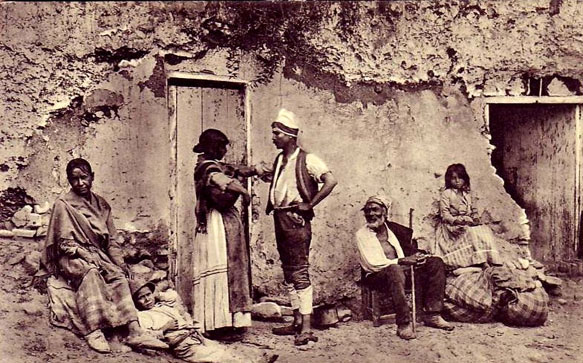
Next to the big cave, in one of the rock’s cavities, was sitting the mad gypsy woman, “la Loquilla”. She came here regularly and she was the only one who looked at us, her eyes straying. She would smile an atrocious smile and address us with unintelligible words. How old could she have been? Twenty, maybe. She was surrounded by piles of cloth that were cut into strips and attached to her black disheveled and dusty hair. Expertly, she also broke an old pitcher into pieces which she slipped through her fingers and handled with virtuosity, producing the rolling sounds of the best castanets.
After soaking our feet in the stream and the waves, we would slowly go up the coast. It grew a little darker and with caution we remained close to the women. Lean donkeys, sad like all donkeys, snoozed standing in front of the cave, whose life fascinated me. I would continue staring at it for a long time, while walking and clinging to a piece of Lorenza’s black apron.
At home, my grandmother Clotilde would draw me close to her, sniffing – she had a sense of smell as sharp as mine. She was outraged:
“You smell of “zorruño”! You got close to those gypsies again! You will eventually get lice or be kidnapped.”
And her anger turned to Lorenza, who would justify herself by saying that I was disobedient and insane to be interested in the gypsies, and that she would no longer take care of me. Every evening, however, I returned to the fountain.
The “zorruño” smell is very special and difficult to define. It is made of smoke from the burning of dirty wood or wood that has lived in the sea, by rags, misery, what do I know? It has a touch of the wild beast (hence perhaps the name “zorruño” zorro = fox), as some fine fragrances have traces of jasmine or clove. The fact is that it clings very strongly to hair, clothes, and stones. Long after the gypsies have left a place, one can still say, “it smells of ‘zorruño’!”
I have always been fond of perfumes, those rising from the earth after a storm or the subtler essences of French perfumes, the best in the world. Today especially, it’s that smell of “zorruño” for which I would give all Balmain, all Dior, all Piguet. I will probably never find again.
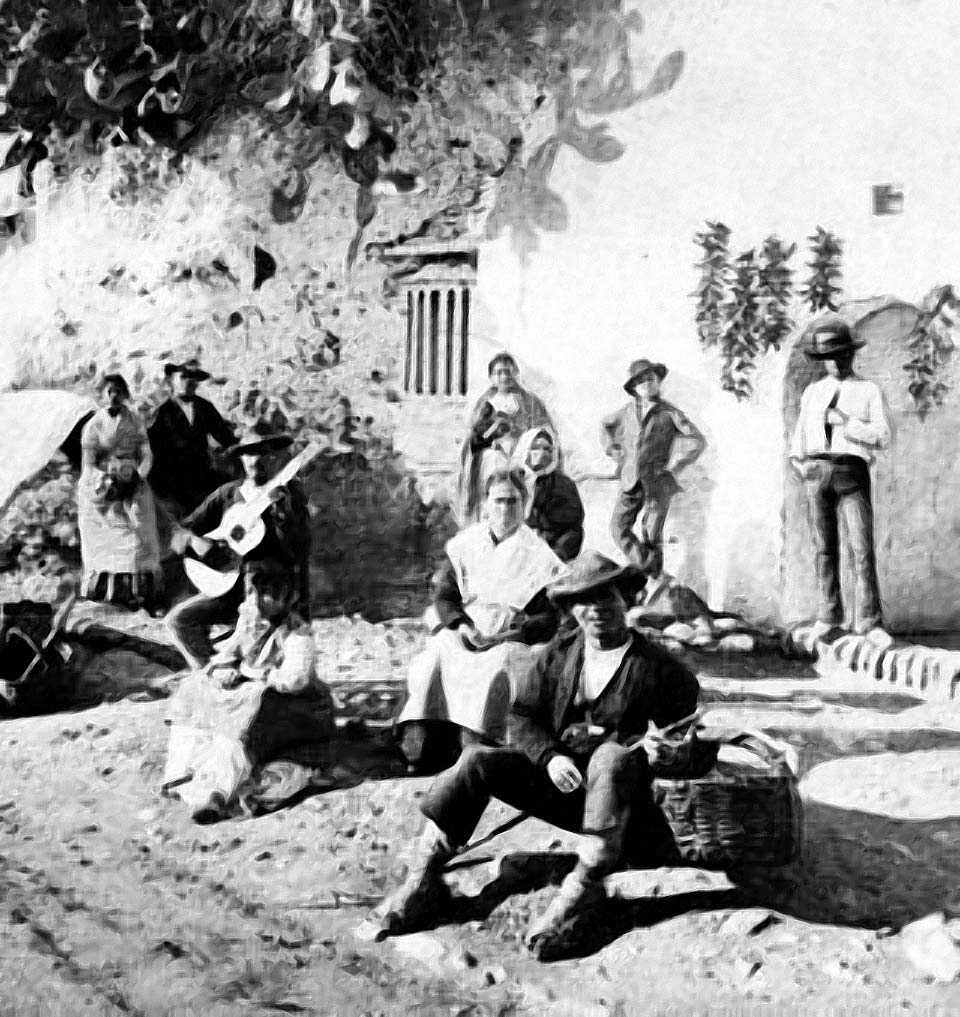
With its small white or soft-colored houses which lined the sides of the road bordered by “pepper crazy”3, tiny fields of alfalfa, corn, and tomatoes, all looked clean and tidy in Aguadulce, and I did not suspect its extreme poverty. I started thinking about it only after hearing snatches of conversation between my mother and Frasquita, a woman with child who was the widow of a man who suffocated emptying a cesspool – that was his job.
– And as they asked me for bread and bacon, I took the loaf and separated the soft part from the crust. First, I handed them a piece of crust and I said: “This is the bread.” Then I distributed the soft part saying: “And here’s your bacon! This is how it will be from now on. “
Or :
– They did not want soup that was warm salted water with a few drops of oil and colored with paprika. I persuaded them: “Well, look! This is the “Caldo con nene” (broth to the child, as if it were broth with vermicelli). Look carefully in your plate!” It amused them to observe their own faces transformed into liquid, and make them decrease spoonful by spoonful until they disappeared. And now it has almost become a game.
Frasquita never smiled. She was thin to the extreme, tall, wrinkled, though still young, and of course dressed in black from head to toe: I never saw her without her black satin scarf tied tight under her chin. Her eldest daughter, Lorenza, had entered into the service of my grandmother. Lorenza was indeed the Andalusian type, very brown, tall with strong features. She loved to laugh, much to the despair of her mother who had forbidden her to sing because “an honest woman should mourn her father for eight years “. And in the afternoon, when the women of the house sat with their work under the shade of pepper trees – I loved doing cross stitch – Lorenza sewed large black stripes on her petticoats and purple cotton bras.
Now I realize how poor this village must have been: no water except its stream, no cattle, and cultivated fields the size of handkerchiefs. The rocky scrubland encircling Aguadulce, made it its prey.
Our house, the last in the village on the left side of the road going towards Malaga, was large but modest and caught between the sea and the mountains. We would go down to the beach through a path lined on the right by honeysuckle and heliotrope of multiple colors and strange perfume. On the other side, was a succession of handkerchief-fields of corn, alfalfa, sugar cane, beets, tomatoes, and peppers, shaded by vines and carefully cultivated exclusively by hand.
The beach was deserted. The locals never came and even the fishermen were rarely there. It had a tropical look, with its bamboo and palm trees, and the water there was never cold. We spent long hours on that beach in the sun. The whole family agreed that I was swimming like a dog, which annoyed me very much. Two events mark the memory of those halcyon days. One was the extraordinary catch by Aunt Julia, a good swimmer: some 30 meters from shore, she fought in close combat with a huge wounded grouper weighing 11 kilos. She finally brought it back to the house where we had an unforgettable feast: “De la mar el mero y de la tierra el carnero”, a Spanish proverb4.
The other event, was one day seeing, on a skiff that really appeared to me too narrow, a blond German man, tanned and lean, who it seemed was navigating the entire coast of Europe on his fragile boat, carrying aboard a tiny piece of luggage. My older brother Kalin was studying German in high school and was the only one able to communicate with the stranger whose presence was very unusual in these places.
He struck up a great friendship with my brother and insisted on taking him along. Mommy refused, obviously, but the thought that Kalin could leave with this stranger tortured me horribly, and that is why this little event remains very vivid in my memory.
Northbound, only the road and its mad-pepper hedge separated us from the dry lands which stretched flat towards the cemetery for two kilometers. Beyond that, were the inextricable ravines with big fig trees and giant oleanders that inexplicably seemed to draw their sap from the charred stones. The canyons were increasingly deep and narrow as the mountain grew.
We the children often ventured into these totally deserted and silent regions. The air burned. Here and there, a cave evoked a time we could not place. We were unsure which fascinating tales we’d heard about them. Heavy hearted, with blurry eyes, we entered these enormous holes, eager to find the vestiges some of bandit who once made this his lair and inspired the use of so much ink, even from French writers like Prosper Mérimée, Théophile Gautier and Edgar Quinet. These typical Andalusian outlaws whose personas are still very much present in the imaginations of the people: Diego Corrientes, Luis de Vargas, José Maria El Tempranillo, etc. were the types to steal from the rich to give to the poor.
Today, I realize they were men aware of the social injustice that prevailed in their country, and who rebelled – but isolated and ignorant, they had no choice but go into the brush. A study should be dedicated to them, and they deserve, I think, to have their reputations restored and their status as “bandits” should at least be changed to… shall we say… “vigilantes.”
We expected to hear their wild rides and see their silhouettes appear wearing “calañés”5, armed with their blunderbusses always by their sides.
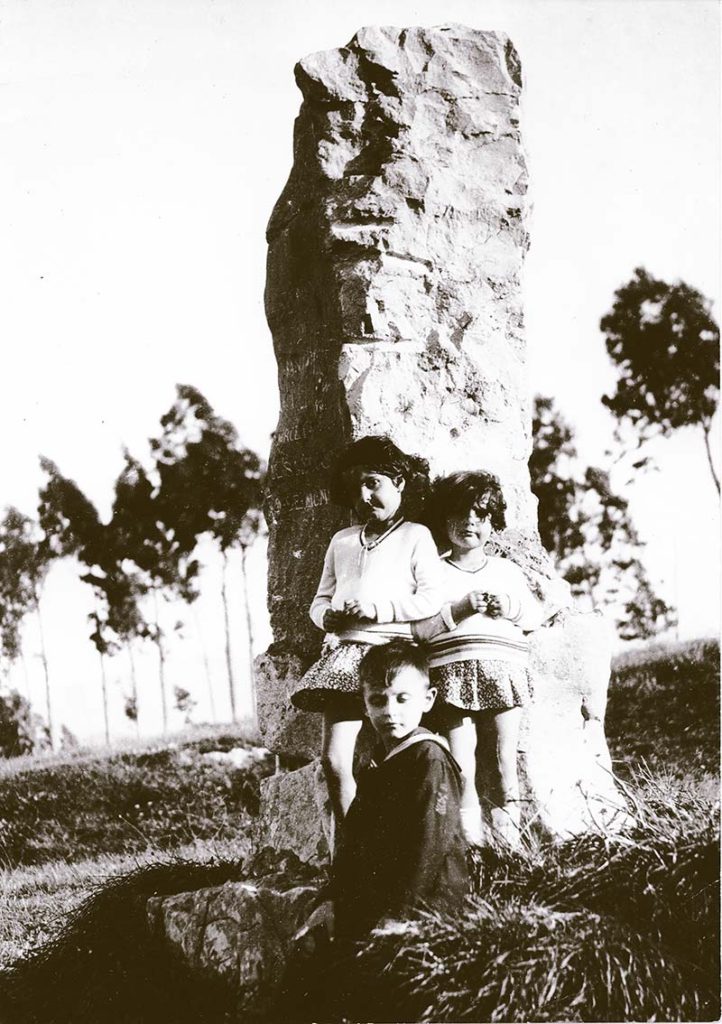
We came home dead tired from these walks, when the sun was already beginning to set. We would hurry along the wall of the isolated cemetery in the middle of these hard lands where some nights we would see dancing will-o’-the-wisps in the distance. 6
We walked the final kilometers slowly, reassured by the sight of the house, still far and tiny, careful not to hurt our feet with the ferocious blackberries “rascaviejas”, dreading an encounter with a scorpion or tarantula, and still taking time to look under the tufts of thyme for snails and “chapas”. The latter is a kind of flat snail that looks like a fossil. It is an endangered species that can be found in particular parts of the Andalusian scrubland. I was happy to see some specimens at the Natural History Museum of Toulouse.
Finally, we would reach the house where Mommy was waiting on the small terrace which was completely covered with jasmine. Mommy never scolded us for arriving at extravagant hours: we were served a meal without comment, which seems pretty amazing to me today.
Aguadulce had its annual celebration, that of its patron saint: the Virgen del Carmen. The festivities were very simple: a few wreaths, some musicians outside the hostel, small stalls with delicacies such as candied pumpkin (which my older sister Kalinka adored, much to my surprise), an ice cream merchant, and new dresses on the few young girls who were walking on the road arm in arm, feigning indifference to compliments or invitations by the young men.
On July 18th, the military uprising shook all of Spain. At the prefecture of Almería, a few men stood up against the regional General and the Civil Guard commander. The situation was desperate for the Republicans when they saw, with a mix of hope and fear, the battleship “El Lepanto” enter the port of Almería. It was lead by a lieutenant commander who, having pointed its guns towards the barracks, vigorously summoned the insurgents to raise their white flag. After a few minutes, which felt like centuries, the flag rose slowly on a sky so blue: Almería would remain Republican for another three years. Malaga for a few months. It would not be the case for Granada where the defeat of the government led to a horrible massacre from which Federico Garcia Lorca would not escape. Therefore, the front was established between the province of Granada and those of Malaga and Almería. Our Aguadulce road, once so quiet, was now to become a small part of the stage where the Spanish tragedy would unfold.
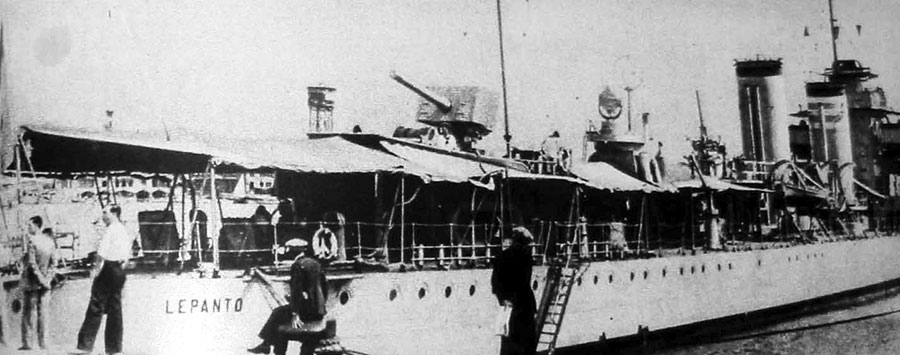
The People’s Army was organized with makeshift means: mining dynamite, shotguns, etc. Truckloads of men dressed in “mono Azul” blue overalls, were passing through the village towards the front. Standing, pressed against each other, the men sang merrily:
If you want to write to me You know my whereabouts At the Motril front First firing line.
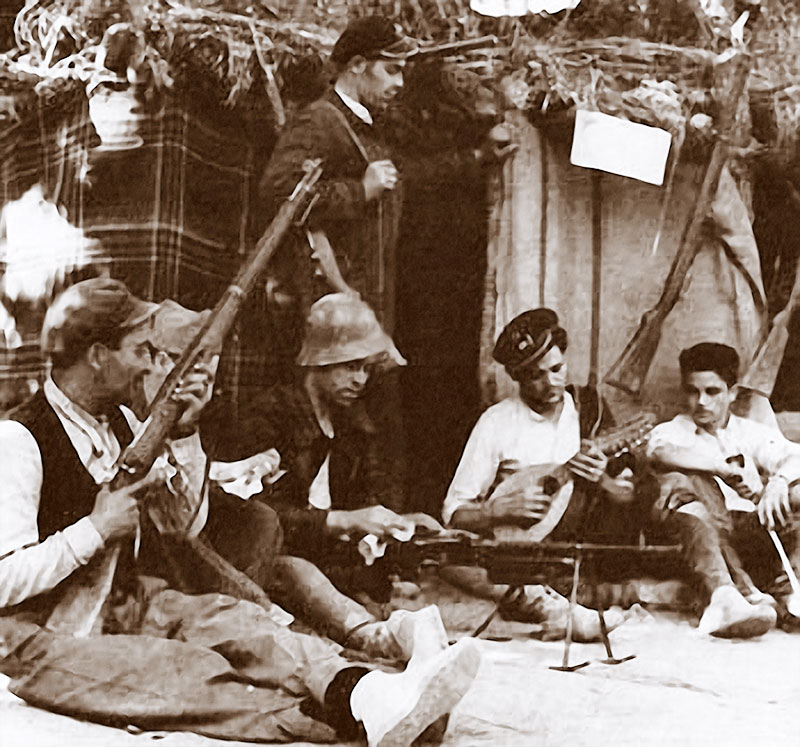
At first they stopped to drink at the inn, then I do not know exactly why they got into the habit of stopping at our home where a huge white clay jug “botijo”, full of fresh water, remained at all times on the low wall that separated the house from the road. Kalin had carefully written on the “botijo” three large blue letters: U.H.P. – Union Hermanos Prolétarios. This big “botijo”, from then on called the “U.H.P. “, became famous among the men heading to the front or returning from it. We must not forget that in Spain, especially in the South, men drink water with interest, tasting it, comparing it with other sources as real connoisseurs.
The disturbances and anxiety of that time did not spare the children; I began to have sleepless nights mulling the atrocious stories I heard during the day. We did not have the heart to go down to the beach or to lose ourselves in our romantic explorations.
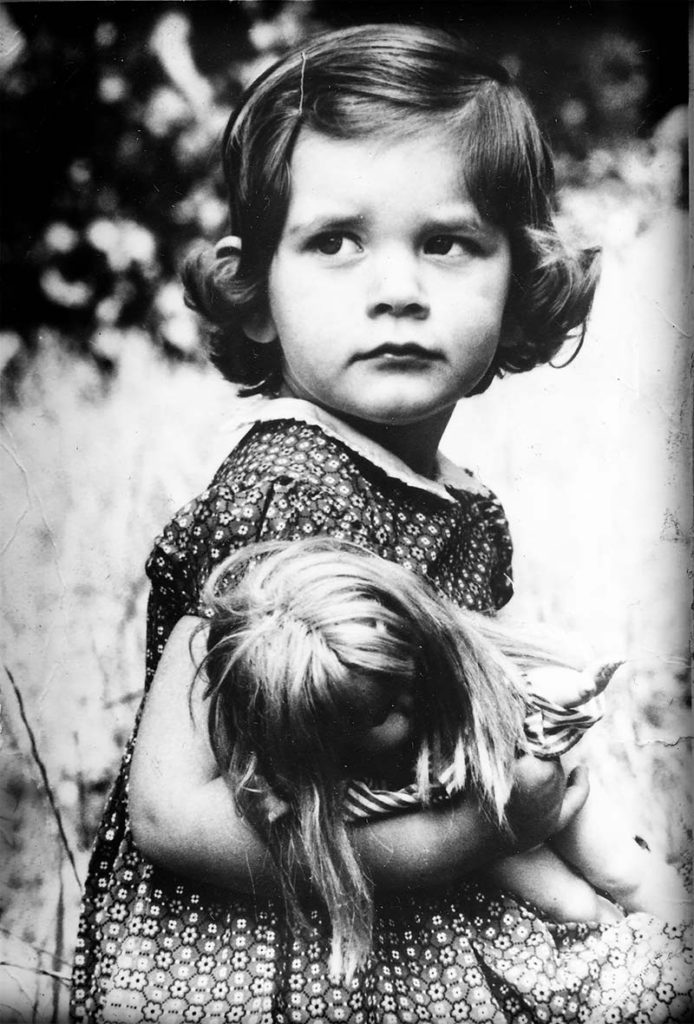
One morning, when the air was extraordinarily transparent, the sea absolutely calm, before the sun began to burn, and when a near frightening quietude reigned, we saw by the coast in the direction of Almería a mysterious black ship with no flag. (Aguadulce is eight kilometers from Almería and we could clearly see what was going on.) It stopped in front of the port and immediately we heard terrible explosions: it had just bombarded the fuel reservoirs, which spread in flames over the sea becoming a strange and enormous fire that could not be extinguished until evening. The boat turned back slowly on itself and we saw it quietly pass once more in front of us at a slow cruising pace. On the beach, for a long time following, we found burned discolored fish, these fish whose vivid shades we knew so well.
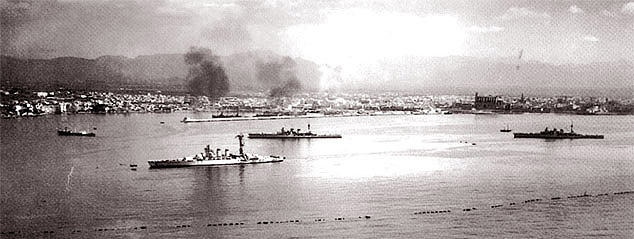
There was no question of returning to Madrid to start school. The holidays were prolonged for us and the climate, was literally still like summer when Christmas arrived. This was our first Three Kings celebration without gifts. I remember having cried, but Mommy, no doubt, was the most mortified.
Wounded men came to live in a small house in the village. Sometimes they came out by the road and spoke strange languages, perhaps French, Romanian, Lethon? – The International Brigades had gathered more than forty nationalities. They would later leave, having had no contact established with the population. In addition to the German explorer, it was the second time we heard foreigners in Aguadulce.
Our lives had become confused; I do not know exactly what we were making of our days. Still, I would go to school in the village, where we learned that lungs were two fleshy reddish, spongy masses, or how the silkworms breed. We also did collages with glossy papers.
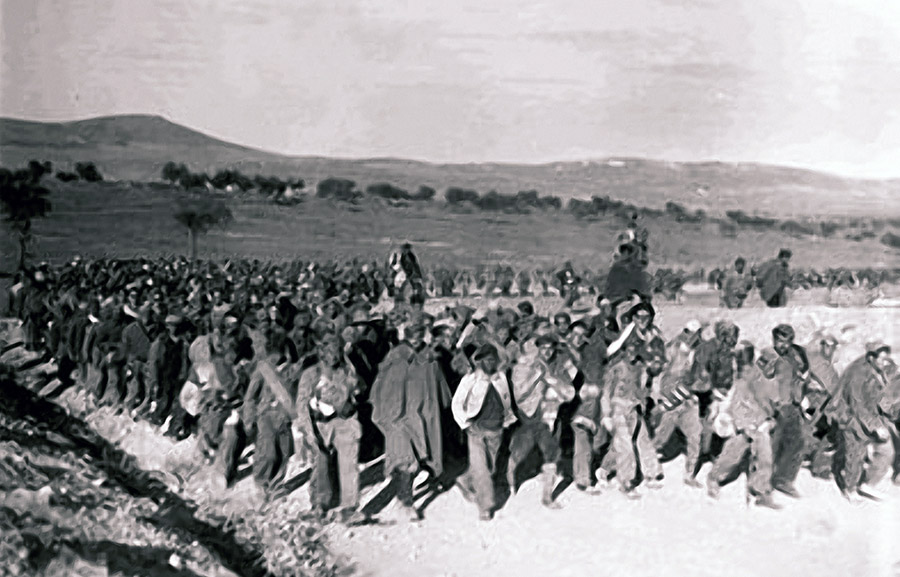
In early February the traffic towards the front intensified. Malaga was suffering the Italian offensive, experienced and so well told by Arthur Koestler in his “Spanish Testament”. The exodus towards Almería began. Continuously, women, old men, children were passing in rags on foot, bent and starving. At night, groups would stop in a kind of warehouse next to our house. I remember accompanying my aunts there throughout the night, by candlelight – we no longer had electricity – distributing cups of steaming coffee, passing over exhausted bodies, motionless, piled up on the cement floor. These Dantesque scenes never stopped torturing me.
That is when our departure from Aguadulce was suddenly decided upon. One night they made us get up and get in cars. There was only room for people. Daddy was adamant: we were forbidden to take anything whatsoever. “Tereso” the beautiful white pigeon who lived freely in the house, had to stay there, as well as “Vallejo” the extraordinarily giant rabbit who we enjoyed and who shared our privacy.
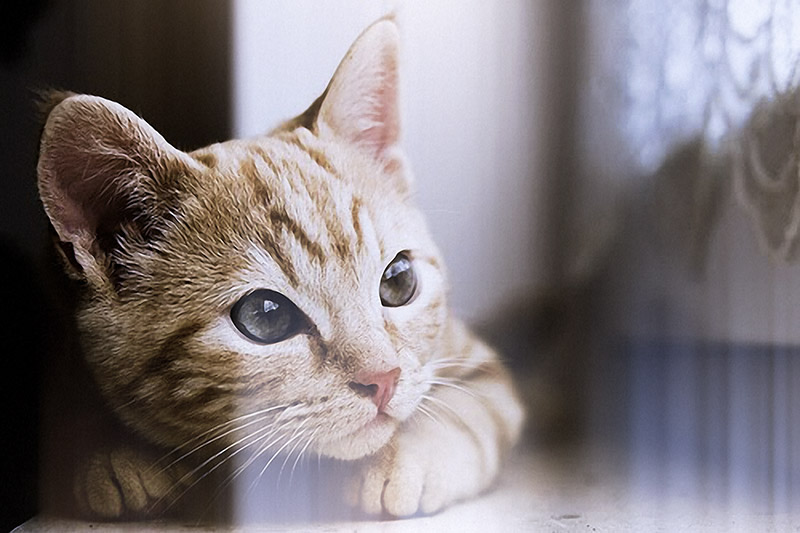
I did not resign myself to abandoning “Pecoso”, the red and white cat who one must believe had secret charm only for me because everyone else found him horrible and rude. “Pecoso” meant a lot in my life. I hid him under my clothes. I was pushed into the back of a black car which was already overloaded. Do not meow, “Pecoso”! No! He too, left Aguadulce silent and sad.
Costa del Sol! I recently received a postcard from Aguadulce, showing a magnificent four-star hotel. It is not the only one in the area, there is another more beautiful one with bamboo, very close to “our” beach where they say Brigitte Bardot likes to stay. Tourists believe that they have finally discovered these unknown beaches where restaurants and merchants of great variety abound. There are many tall modern residences instead of square, white, small houses; the inn still exists, but is adapted to modern tastes. Only Don Emilio’s grocery is still standing, the last witness of a time when consumption was only a necessity, not a hobby or the purpose of existence.
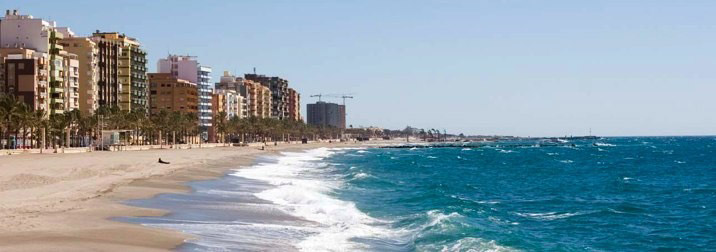
On the site of our home with jasmine and heliotrope now creeps a large camp ground, “great accommodations” indicated on all road maps. The flat scrubland stretching from the road to the cemetery has become, with German cultivation techniques, a real vegetable field covered with tomatoes and peppers. As everyone knows the hinterland, still wild, served as a film location, and Sergio Leone in particular, was able to draw great effects from it. The cave of the gypsies is now deserted. For them, some humble “low-income housing” was built to spare the tourists the embarrassing spectacle of cave dwellings.
How can one not rejoice in this progress despite the nostalgia for what these places once represented to our privileged childhood? But the other children, those who were fed the “caldo con nene”, what have they become in the midst of these new multilingual residents? Certainly today, there is vermicelli in their children’s soup, but how does the progress in their lives relate to the enormous progress made in their country?
All I know is that they will no longer fetch water at the little spring because they have running water in their sinks, but they say this fresh water, once so sweet, now has a bitter aftertaste.
1 “Soon we shall plunge into the cold darkness” Charles Baudelaire: Song of Autumn, Flowers of Evil
“Bientôt nous plongerons dans les froides ténèbres” Charles Baudelaire : Chant d’automne, Fleurs du mal
2 International Gypsy language
3 Kind of acacia with long clusters of small red or hot pink fruit that were said to be poisonous.
4 “The best from the sea is the grouper, from the earth is the sheep.”
5 Small velvet hat, low cup-shaped truncated cone, still used by some carriage drivers in Andalusian fairs.
6 Absolutely true.

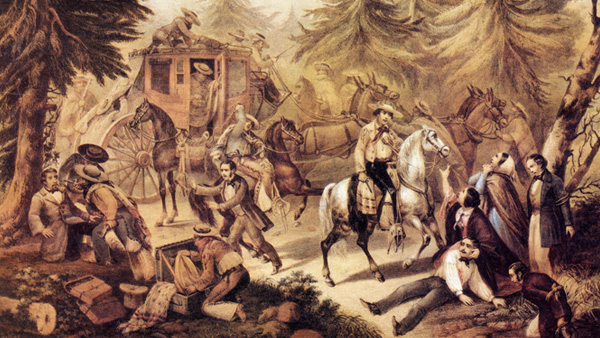
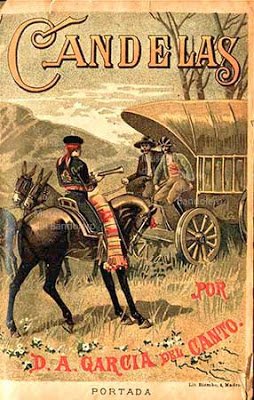
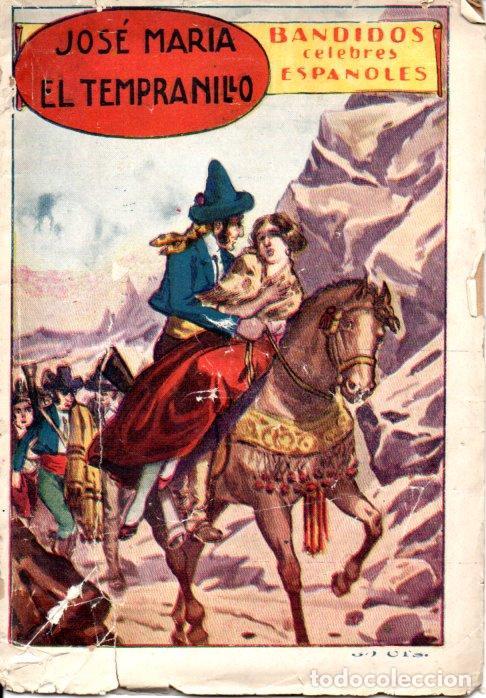
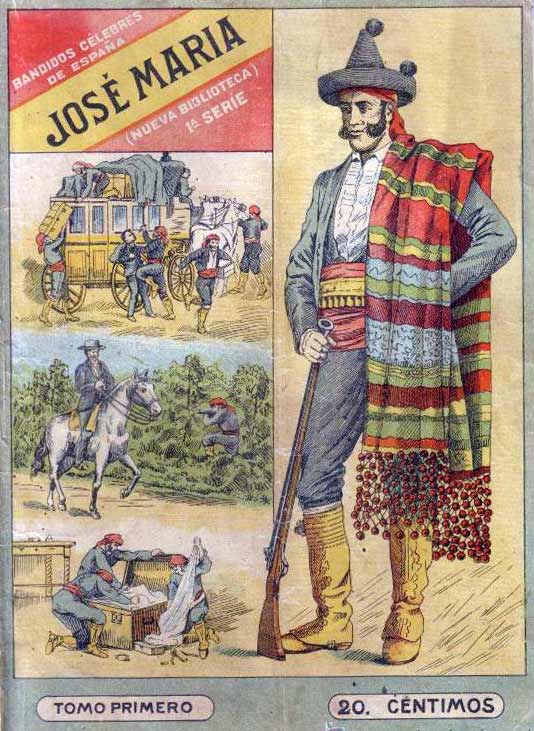
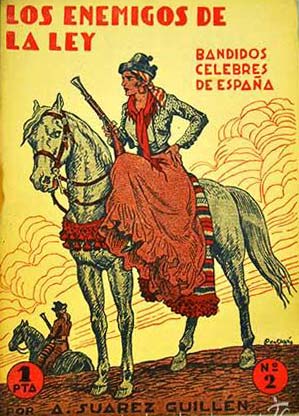
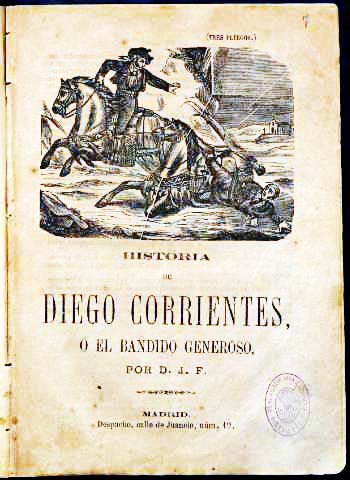
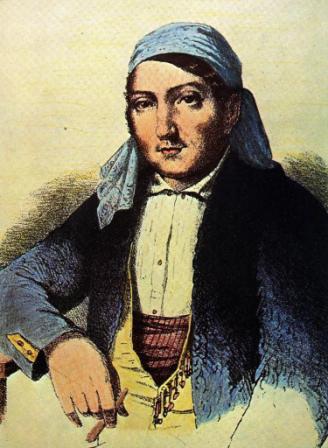
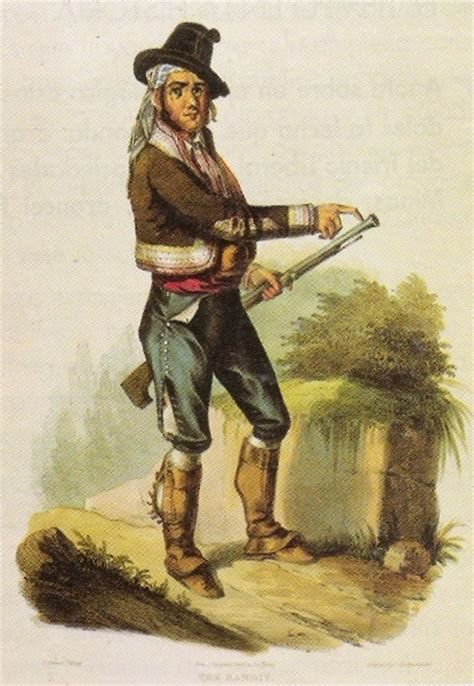
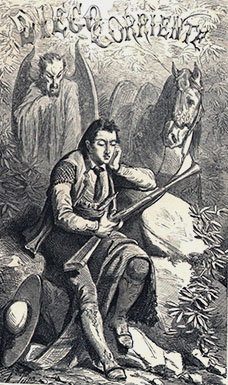
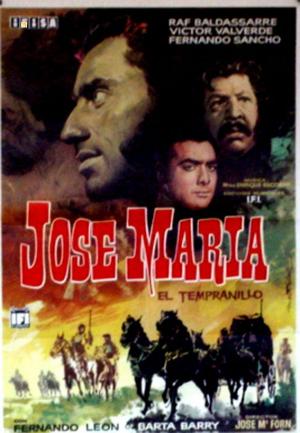
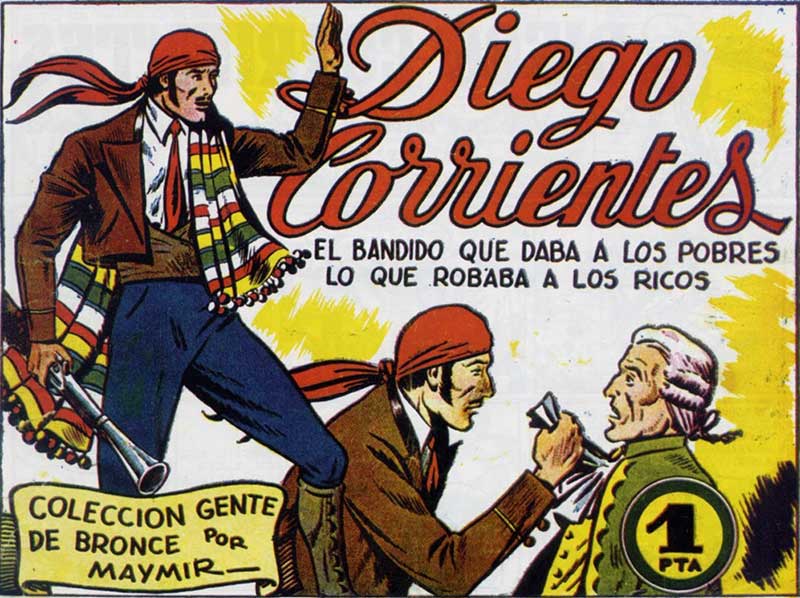
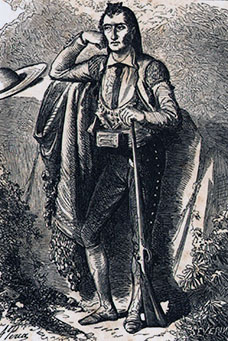
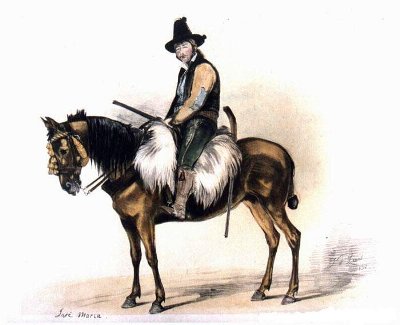
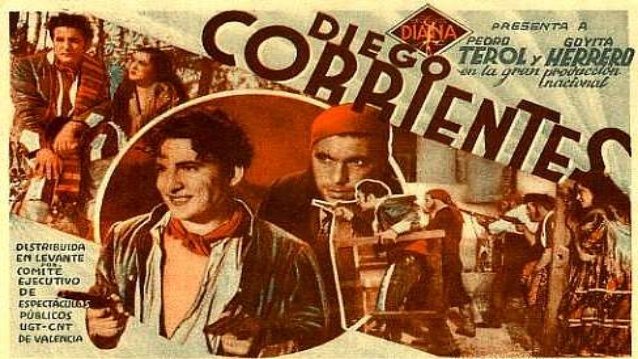
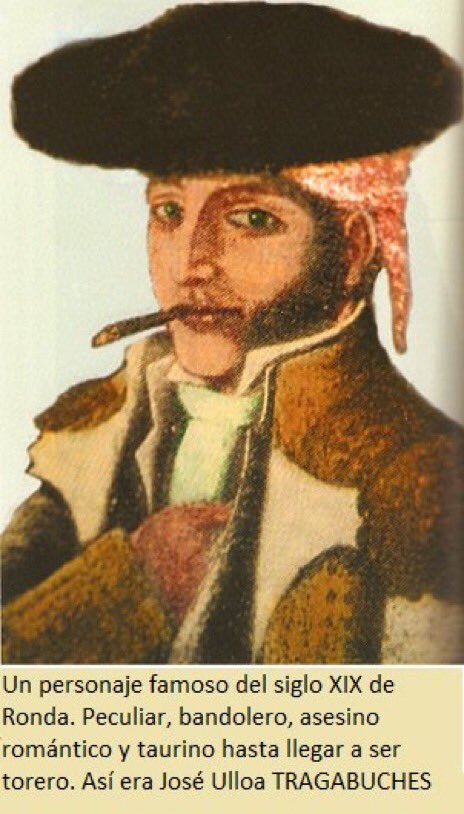
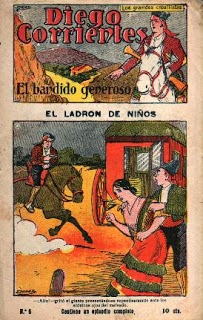
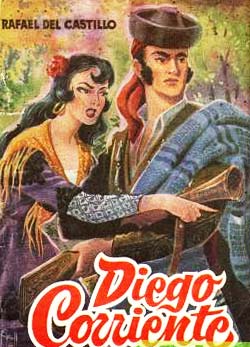
One response to “COSTA DEL SOL 1936 – 1973”
What an amazing story, with such visual descriptions, which I can almost taste or smell.
It’s not a small task to go from blissful childhood summer vacation, to civil war, to modern day, over built Costa del Sol, all in a few pages.
Thank you François for posting it.
Thank you Carine for the beautiful translation.